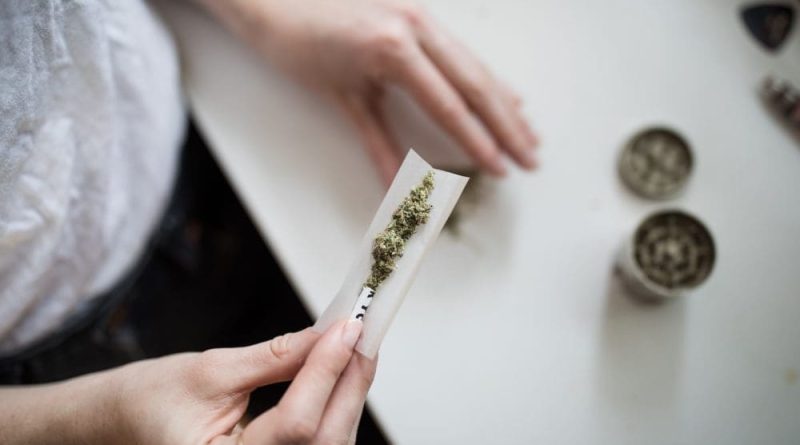Trump’s Pick For Intelligence Post Says Past Marijuana Use Shouldn’t Disqualify For Security Clearances, But He’s ‘Not Convinced’ Current Use Should Be Allowed
From toxifillers.com with love
President Donald Trump’s pick for the second highest ranking position in the Office of the Director of National Intelligence (DNI) says he “agrees” that past marijuana use alone shouldn’t federal workers from obtaining a security clearance.
But going a step further by extending that policy to current cannabis use is a different story, he says.
Ahead of a Senate Intelligence Committee confirmation hearing on Wednesday, the nominee for principal deputy DNI, Aaron Lukas, answered a list of questions for the record (QFRs) that were submitted by members, including one on cannabis policy.
“Do you agree with the current DNI policy that past marijuana use should not be determinative in the adjudication of security clearances?” the committee asked. “Do you believe that ongoing marijuana use should likewise not be determinative and should be treated like alcohol use?”
Lukas, a foreign service officer of over 20 years, said that he agrees with “current ODNI policy that past marijuana use, in and of itself, should not be determinative in the adjudication of security clearances.”
However, while he said he’s “unaware” of DNI’s current policy related to ongoing marijuana use, he’s “not convinced that relaxing drug-use restrictions for [intelligence community] officers is in the best interest of national security.”
Lukas’s comments, submitted around a confirmation hearing for his nomination this week, essentially echo comments the head of DNI, former Rep. Tulsi Gabbard (D/R-HI), made when she was asked about the same topic as part of her confirmation process.
“I agree with the current DNI policy that past marijuana use should not be determinative in the adjudication of security clearances, provided it does not indicate broader issues with judgment or reliability,” she said.
“However, ongoing marijuana use is more complex, as it remains illegal under federal law,” Gabbard added. “It must be carefully evaluated within the context of the applicant’s overall behavior, consistency with legal obligations. and ability to safeguard classifIed information.”
The Intelligence Committee’s QFRs don’t indicate which members submitted each question to either Lukas or Gabbard. But one member of the panel, Sen. Ron Wyden (D-OR), has spent years working to prohibit security clearance denials for applicants to intelligence agencies like CIA and NSA just because they admitted to prior cannabis consumption.
In 2023, the committee voted to amend an intelligence oversight bill to include a provision from Wyden that would achieve that reform, but it was not ultimately enacted.
Former President Joe Biden’s DNI, Avril Haines, had separately said in 2023 that it is not the federal government’s current policy to deny people security clearances based on past marijuana use alone, stating that it is counterproductive to recruitment efforts, especially amid the growing legalization movement.
Last September, the Senate Homeland Security and Governmental Affairs Committee approved a bill to limit the ability of federal agencies to use past marijuana use as a factor in making employment and security clearance decisions. The legislation was titled the Dismantling Outdated Obstacles and Barriers to Individual Employment, or DOOBIE, Act.
The Congressional Budget Office (CBO) later released a score of the proposal, finding it would have a negligible economic impact on the government.
Meanwhile, Elon Musk, chair of the Trump administration’s Department of Government Efficiency (DOGE), said in February that it’s a “great idea” to mandate drug testing of federal employees as he pushes to make massive cuts to government agencies and spending.
A Democratic congresswoman has since filed a bill that would require Musk and other DOGE workers to submit to drug testing themselves to maintain their “special government employee” status.
German Coalition Parties Announce Plans To Evaluate—But Not Repeal—The Country’s Marijuana Legalization Law


